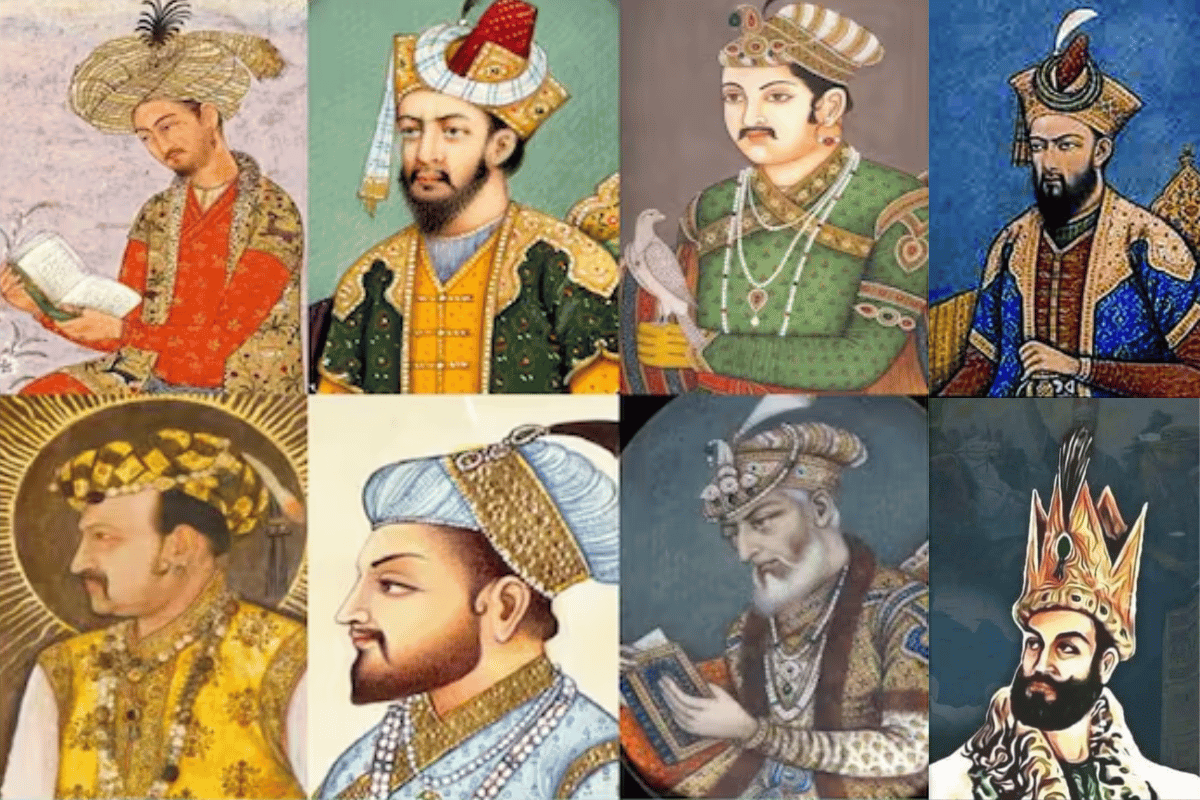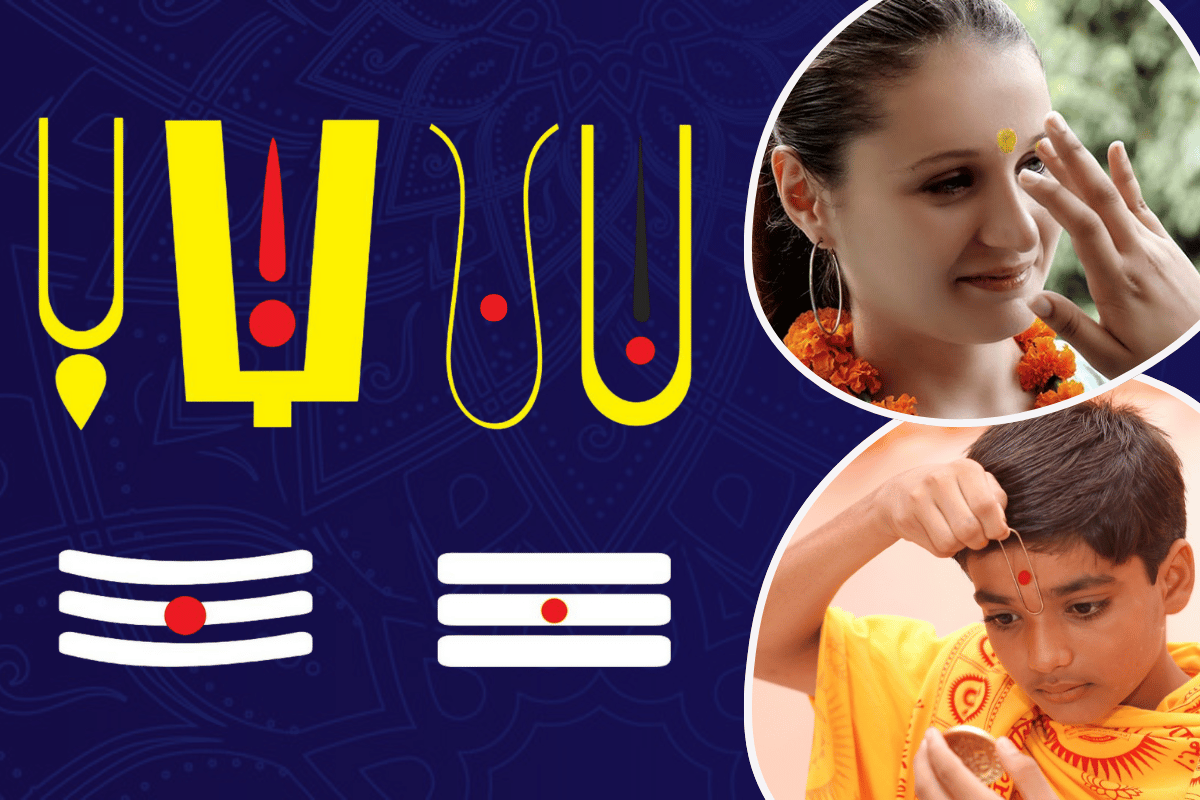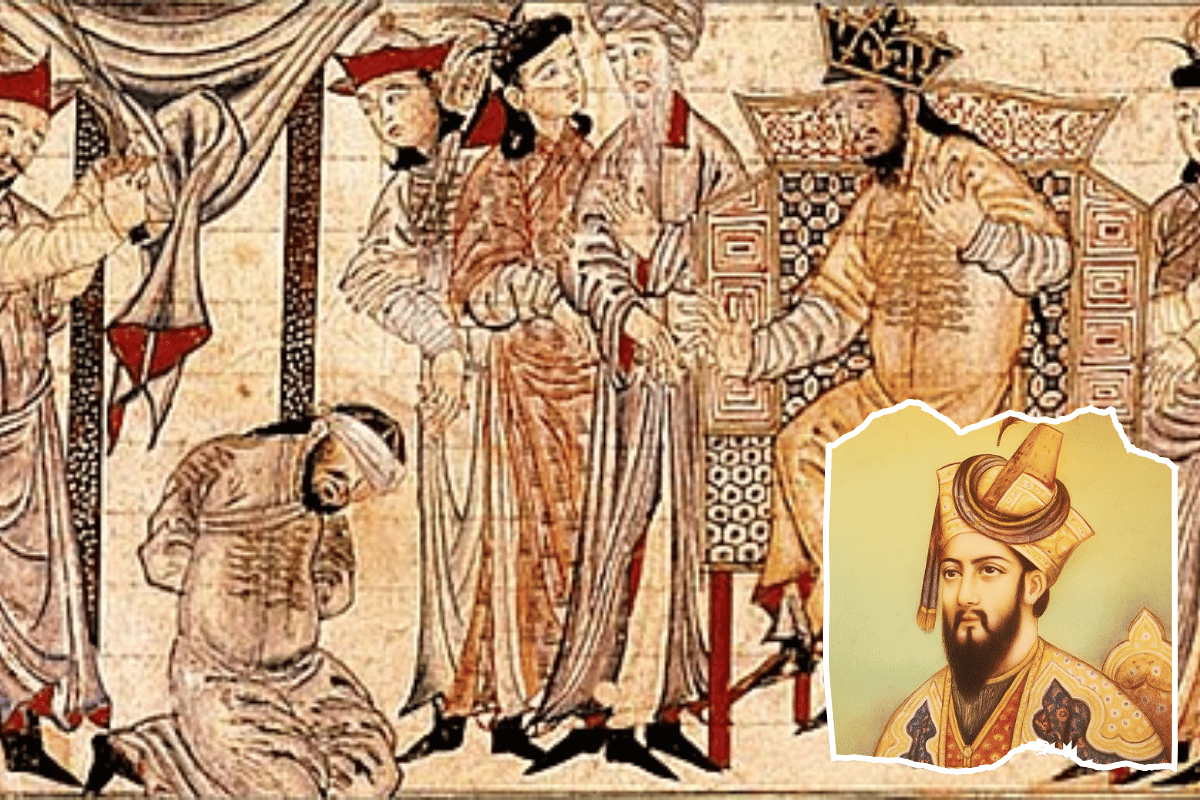
As the largest democracy in the world goes to polls from 19th April to 1st June, some nefarious individuals and groups such as the BBC, The Guardian, Mukulika Banerjee, Ashok Swain etc. (the usual suspects we must add), have begun their predictable malicious anti-India propaganda.
Let’s take a deeper look into how India, the world’s largest democracy conducts the world’s largest and fairest general elections.

The Election Commission of India, an autonomous constitutional authority, is at the helm of ensuring that elections are conducted in a free and fair manner. The multi-phase voting process, spread over several weeks, allows for meticulous planning and execution, ensuring that every eligible voter has an opportunity to cast their vote. This extensive exercise is a reflection of India’s dedication to upholding the democratic process.
The use of electronic voting machines (EVMs) has been a significant step towards eliminating electoral fraud and streamlining the counting process. The EVMs are designed to be tamper-proof and are tested rigorously, which adds to the integrity of the electoral process. Additionally, the Model Code of Conduct, enforced by the Election Commission, ensures that the electioneering process is conducted on an even playing field, with all political parties adhering to the guidelines laid out to prevent any undue influence on voters.
India’s sense of democracy and republic is deeply ingrained in its Constitution, which lays the foundation for a sovereign, democratic republic. The parliamentary system of government ensures that the elected representatives are accountable to the people, and the separation of powers among the legislative, executive, and judiciary branches maintains a system of checks and balances.
Furthermore, the spirit of democracy is bolstered by the active participation of its citizens. Voter turnout in Indian elections is consistently high, demonstrating the people’s trust in the electoral system and their enthusiasm to be a part of the democratic process. The republic nature of India ensures that the highest offices are open to every citizen, reflecting the country’s commitment to equality and justice.
The Election Commission’s independence, the technological advancements in voting, and the active engagement of the populace all contribute to the strength of India’s democracy and republic.









